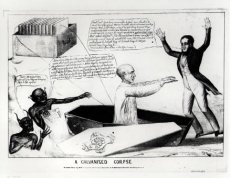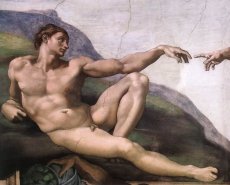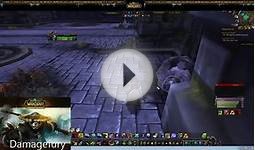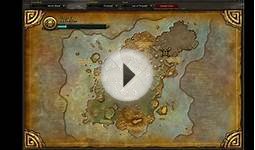Gods & Monsters achievement
 In one famous incident in 1803, Aldini had the corpse of a just-hanged murderer, George Foster, brought from Newgate to the Royal College of Surgeons, where he electocuted the body, causing its jaw to twitch and one of its eyes to open. When Aldini probed its rectum, the body is said to have arched and kicked and raised its fist as though in fury. Well, you would, wouldn't you? This was one of many such experiments carried out by many scientists at the time. There was another guy who claimed to have briefly reanimated some decapitated kittens. Awwwww.
In one famous incident in 1803, Aldini had the corpse of a just-hanged murderer, George Foster, brought from Newgate to the Royal College of Surgeons, where he electocuted the body, causing its jaw to twitch and one of its eyes to open. When Aldini probed its rectum, the body is said to have arched and kicked and raised its fist as though in fury. Well, you would, wouldn't you? This was one of many such experiments carried out by many scientists at the time. There was another guy who claimed to have briefly reanimated some decapitated kittens. Awwwww.
According to Mary (writing well afterwards) these experiments were one topic of discussion amongst the bright young things - Byron, Shelley, Mary herself, et al - at the Villa Diodati, alongside the experiments of Dr Erasmus Darwin. Erasmus Darwin - the grandfather of Charles - was supposed to have bestowed life on pasta, much to the fascination of many people. Mary claimed that this story, combined with the experiments in galvanism, inspired her to think that a creature might be constructed from parts and then be brought to life.
Erasmus Darwin - who had known Mary's father, the radical philosopher William Godwin - was, interestingly enough, a proto-evolutionary thinker. In Zoonomia and some of his poems, Erasmus put forward (sometimes obliquely) notions of life developing and changing. His last poem traces life from primordial soup (presumably minestrone with sentient noodles in it) to modern society. It was a hit with Romantics like Wordsworth.
The later Darwin would agonise over publishing his findings, knowing that he would be subject to fierce attacks by those who saw natural selection as dethroning God. Which is what Mary's story is supposed by many to be about: a scientist who challenges God. The idea that Frankenstein has 'played God' has far more life outside of the novel than inside. It isn't a central concern of the book. By contrast, the first theatrical adaptation was called Presumption! or The Fate of Frankenstein, and in James Whale's films people harp on at length about how Frankenstein has meddled in things that man should leave to God. Of course, in Whale's movies, this is surface patter, lying on top of the deeper concerns.
 Whale himself was both irreligious and openly gay.
Whale himself was both irreligious and openly gay.
Many film critics have suggested that the films, especially Bride, can be subject to a gay reading. They point to the way the camp Pretorius separates Frankenstein from his future wife (his bride, you might say) and propositions him, suggesting that they collaborate in creating new life from seed, as though Pretorius is attempting some kind of gay biological procreation. Meanwhile, the Monster (who is a despised and hunted outsider) uses one word for all prospective relationships, be they with men or women: "friend". His friendship with a blind pauper is interpreted as a potential marriage, interrupted by ignorant and intolerant yokels. Ultimately, he is incompatible with the "bride" that Frankenstein and Pretorius create for him.
The other way that this film is often read is as a Christian allegory. The Monster is put into Christlike poses several times, especially when captured, tied to a pole and raised in the air, his hands tied above his head. Crosses abound (though most of these are in the film because several scenes take place in a graveyard). And so on.
бетбум.ру
You might also like







